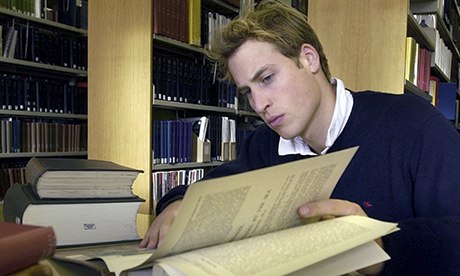online-masters-and-phds.com - Photograph by Trent Deberry
Author: Begum Cubukcuoglu, Eastern Mediterranean University, North Cyprus
The importance of information and communication technologies in the teaching and learning process has been proven by many research studies to be an effective way of supporting teaching and learning. Although many teachers do not use new technologies as instructional tools, some are integrating information and communication technologies innovatively into their teaching. There are a number of factors which encourage these teachers to use information and communication technologies in the teaching and learning environment. This article discusses the factors that encourage Turkish Cypriot teachers to integrate technology into the classroom.









